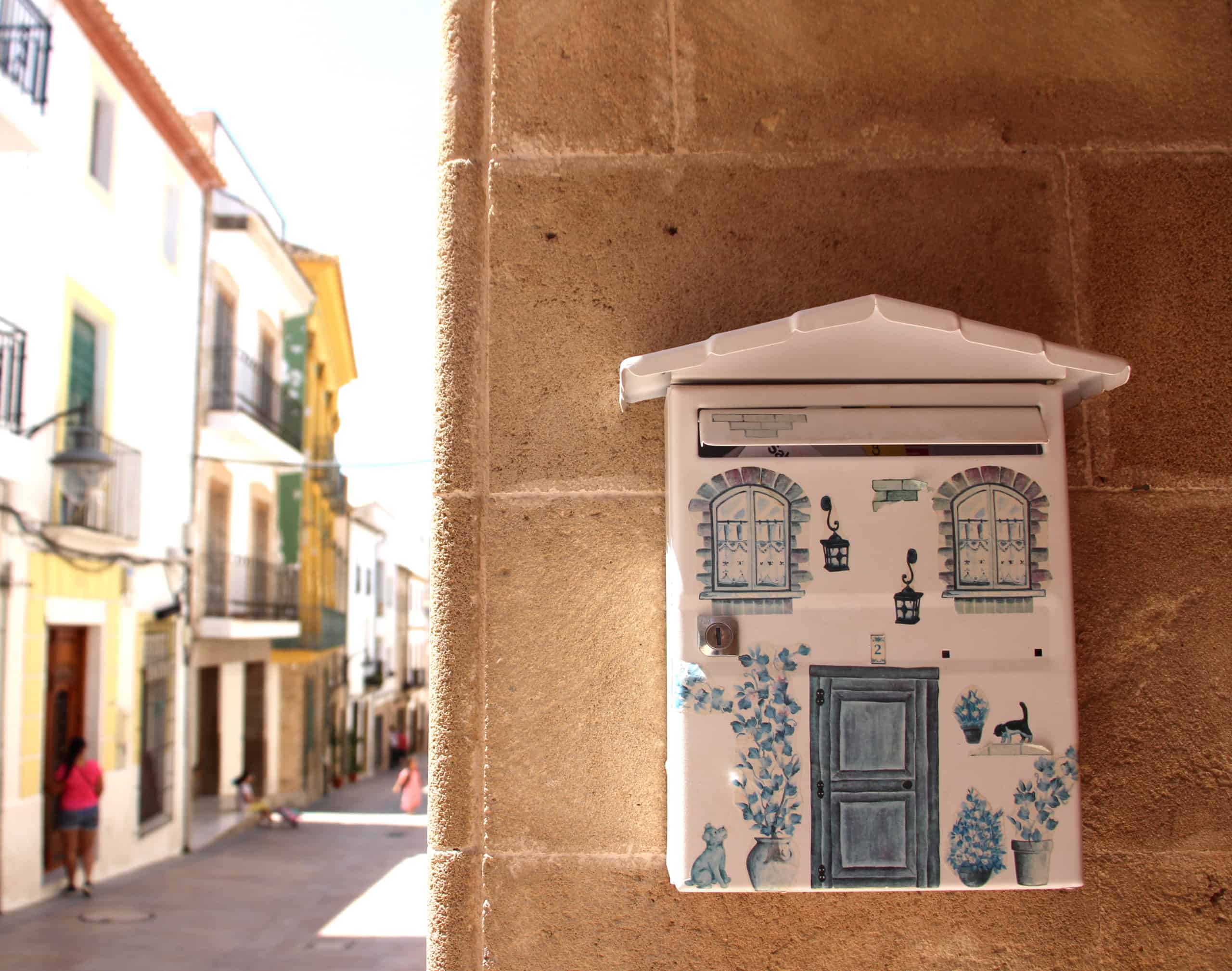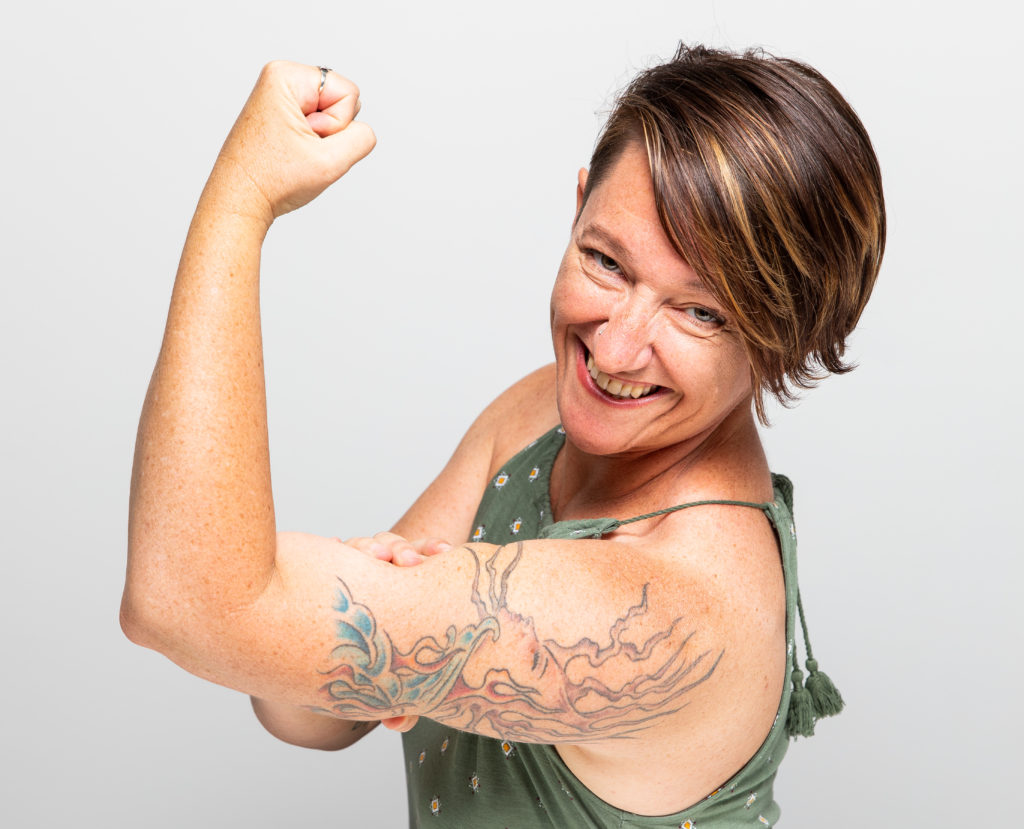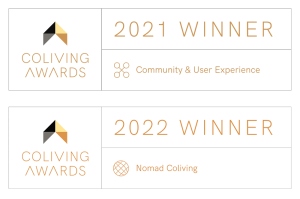Written by Micki McNie
I meet a lot of digital nomads who are interested in real estate investing but aren’t sure how it fits into their location-independent lifestyle. That’s probably because most people think real estate investing means owning rental property. A traveling lifestyle doesn’t have to prevent anyone from owning their own home or rental properties. Real estate investing is so much more diverse than that!
I’d like to introduce you to a few nomad-friendly strategies, along with some questions to help you figure out the best option for your unique situation.
Owning Property VS Owning Debt
On the simplest level, we can break things down into two categories. In the first category, you own the property. In the second, you own the debt.
Owning property comes with the obvious risks of damage or loss of value. For example, bad tenants who trash the place; repair items like a leaking roof or an old hot water heater; changes in the market that reduce the value of the property.
There are many ways to invest in property that range from owning your own home to owning a share of a large apartment or office building (so called syndication). The upside to owning property is that over the long term it generally increases in value, and you can rent your home out when you’re traveling.
Owning debt has different pros and cons. When you own debt, also called “notes”, you don’t have to fix toilets. You act as the bank and the person paying you is the owner of the property, which hopefully means they intend to take better care of it. The risk with a note is that the person stops paying their mortgage. However, you can always work out a deal with them to get them paying again, or you can take control of the property.
How do you acquire notes, you ask? There are a variety of ways from selling a property with owner finance, to shopping online marketplaces where you can purchase everything from car loans to large commercial mortgages. The key is to buy the note for less than it is worth. For example, I purchased a $55k mortgage for $22k, meaning I collected interest on the full $55k and when they refinanced and paid me off I collected the full balance owed.
Understand Your Goals and Set Some Investing Criteria
Before investing in real estate you should ask yourself a few questions.
Are you looking for short term profits or do you want ongoing income?
How much money are you comfortable investing?
Do you want to manage your investment or be hands off?
Where do you want to invest and why?
Thinking about where to invest is important. Places you are familiar with or have people to help are ideal. If you want to invest in a country where you are currently living or visiting, you’ll need to carefully investigate the laws and tax implications. Maybe you just want to invest where the best opportunities for you are, in which case connecting with local investors in that area is a great start.
Start Investing!
Real estate is a highly creative industry, and there are many ways to invest and make money. It just takes some education to know where to look for opportunities and how to manage your risk. So where do you start?
Biggerpockets.com has a great podcast that talks about all sorts of investing strategies. When you hear one you like, take a deep dive into that topic and reach out to some people who are already doing it. Real estate investors are some of the most generous people I know, always happy to talk about their success and share what they’ve learned.
I’ve dabbled in all these strategies and am still learning more, so if you ever want to talk about real estate and what might work for you, I’m happy to chat!
Micki McNie has been working and investing in real estate since 2011 and manages Big Why Real Estate. She is passionate about creating financial freedom through real estate investing, and loves helping others do the same. Her favourite thing to do is to turn neglected buildings into beautiful, useful spaces again. You can reach her at [email protected].





